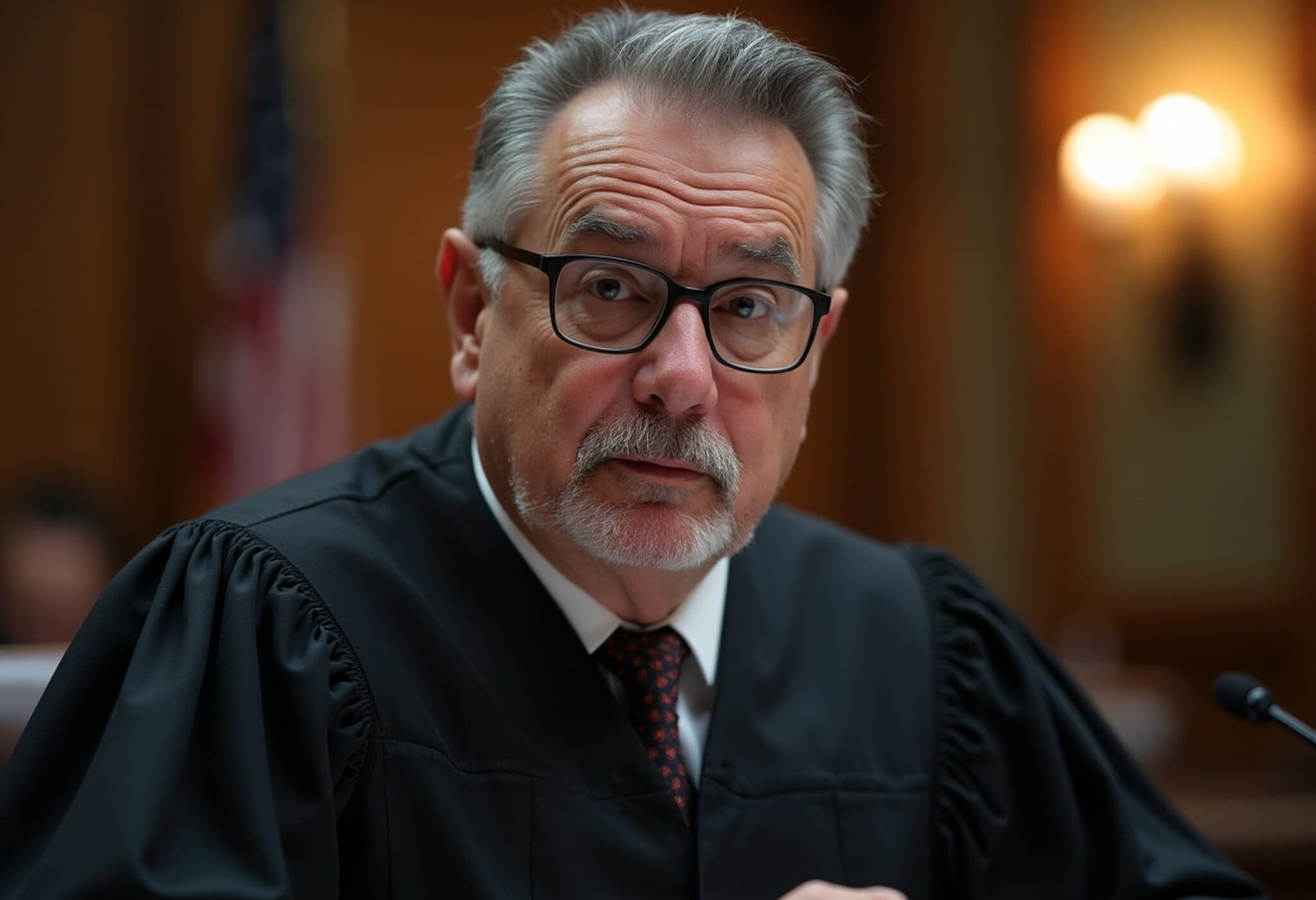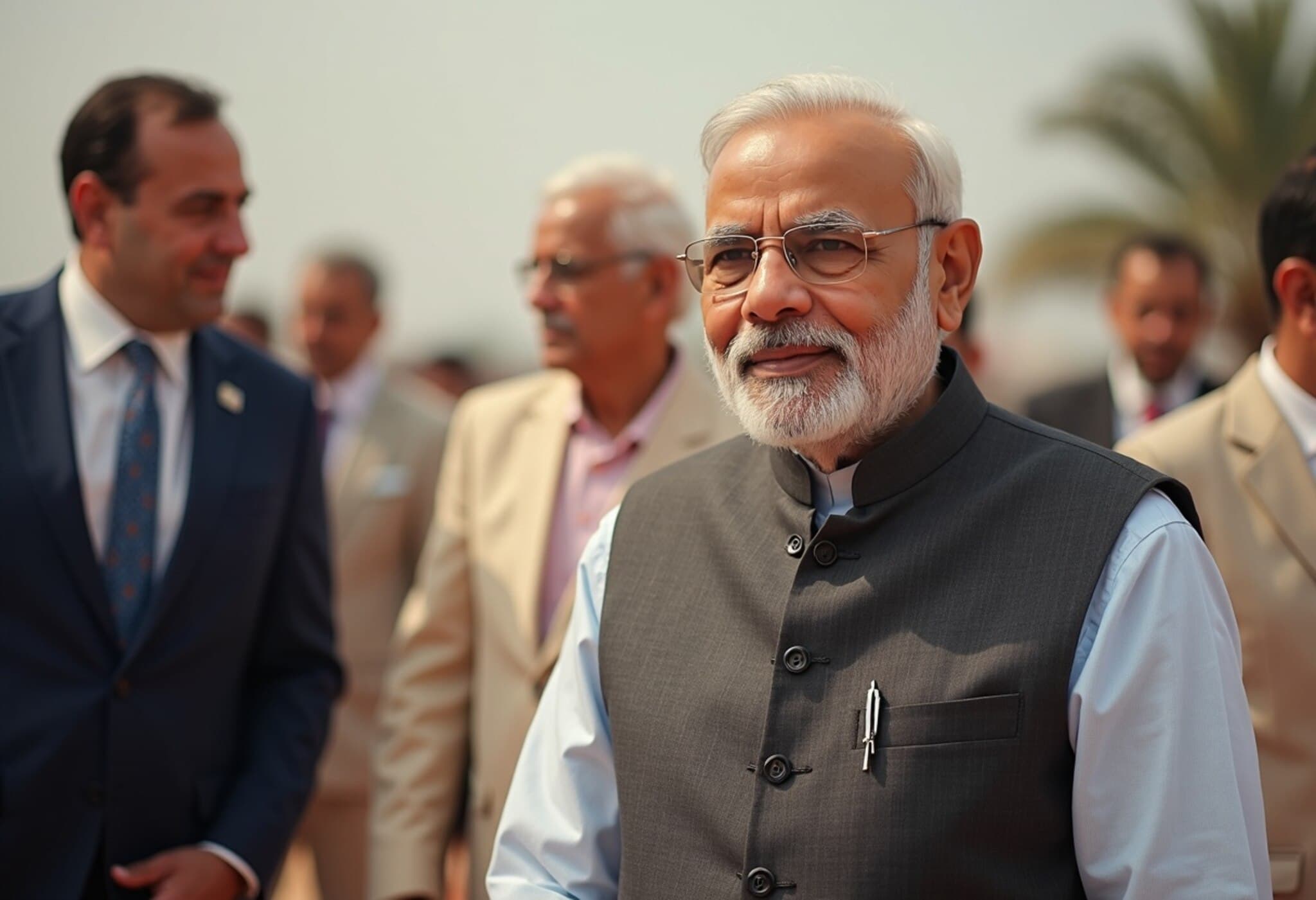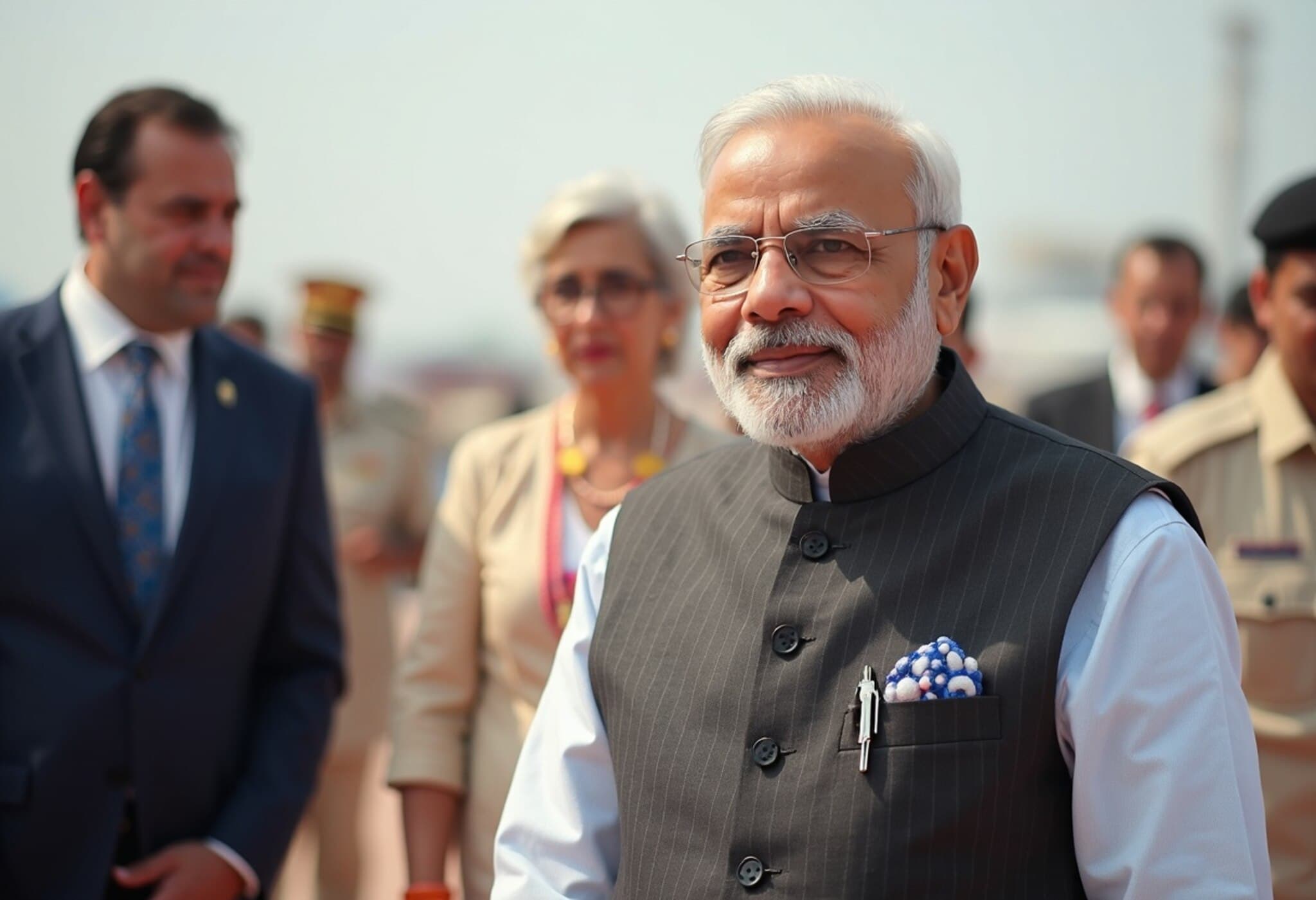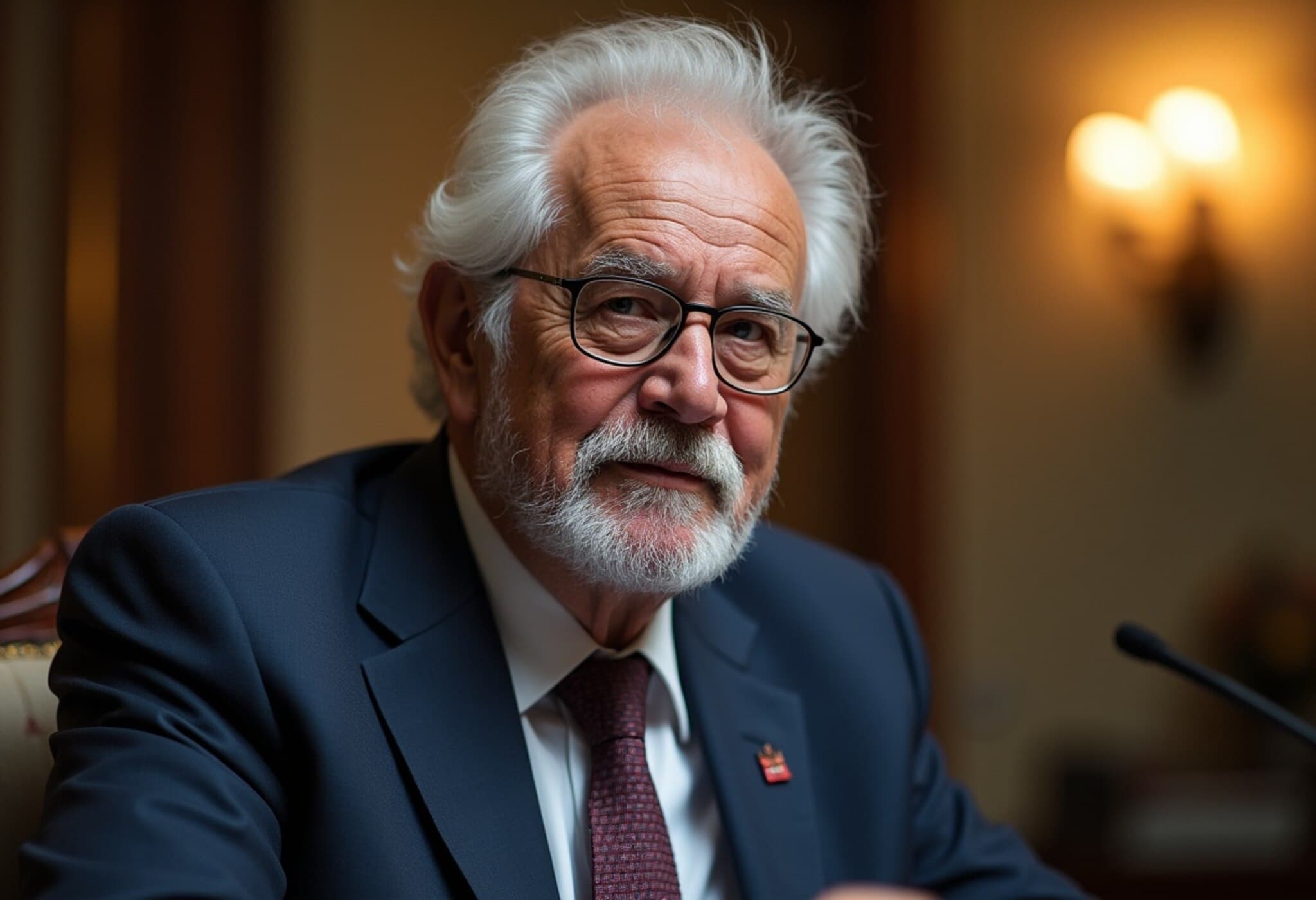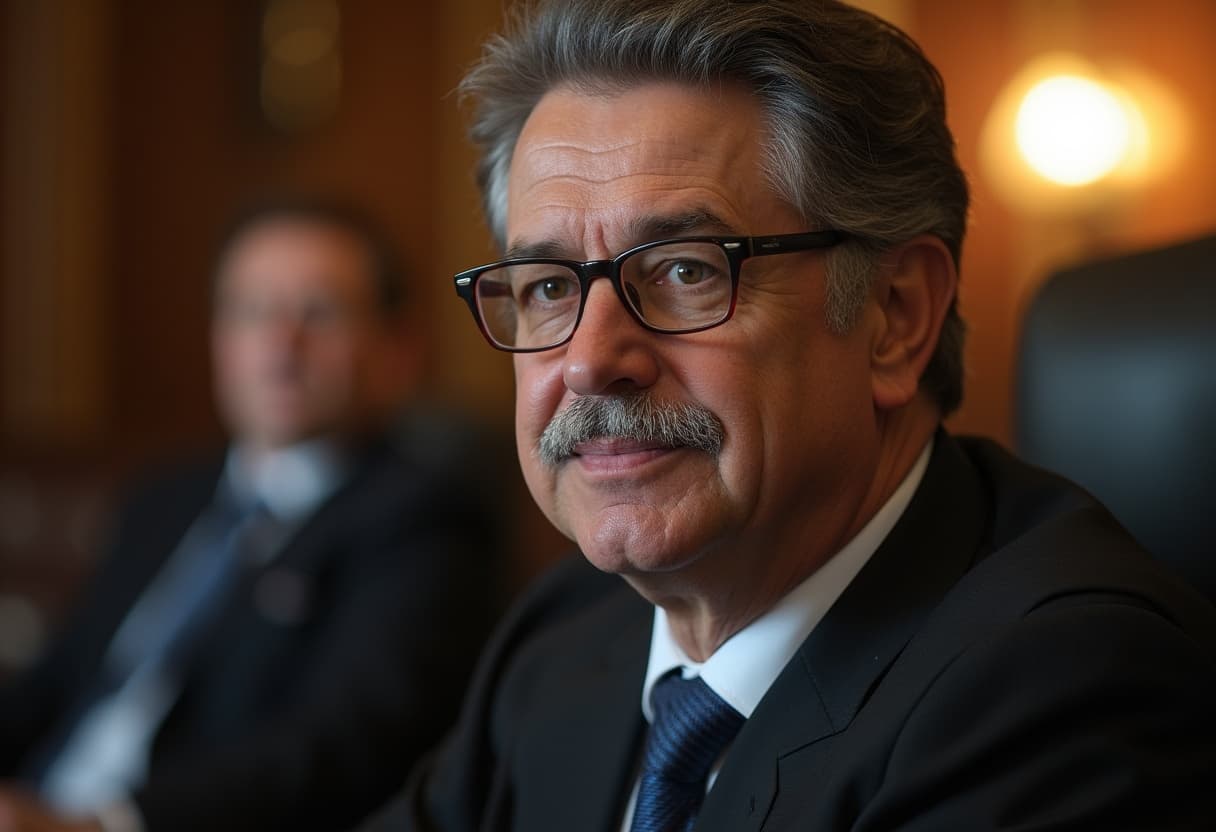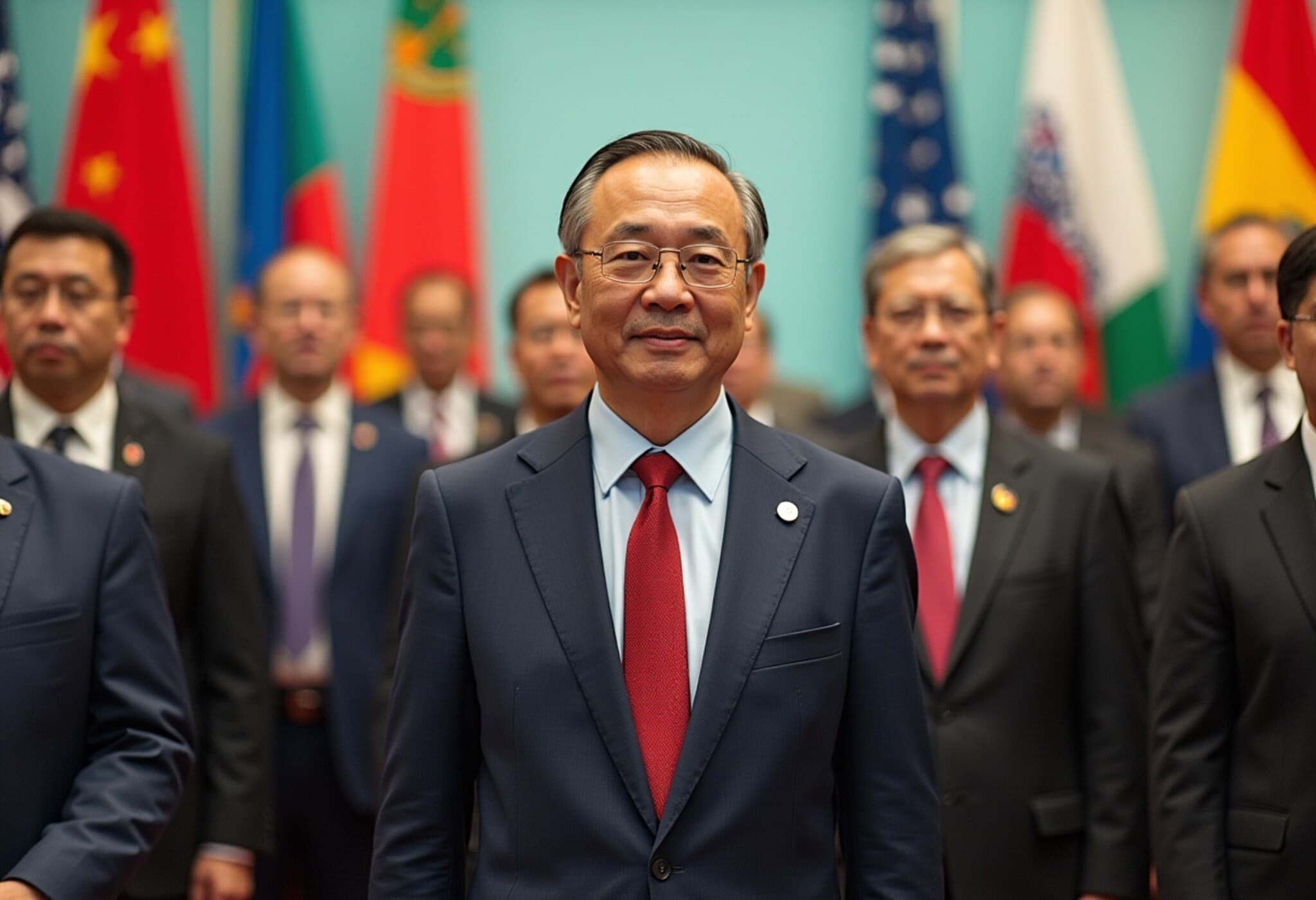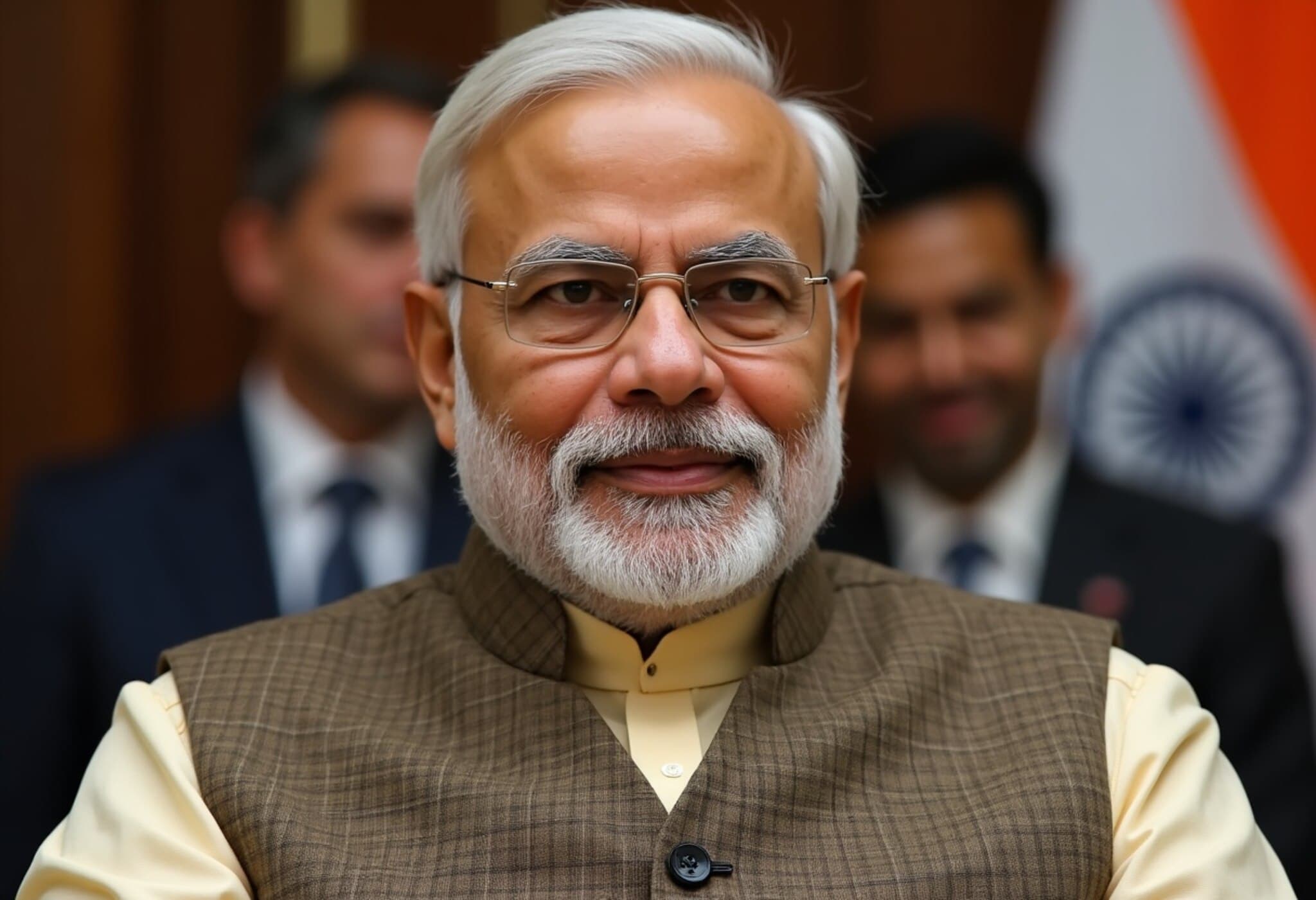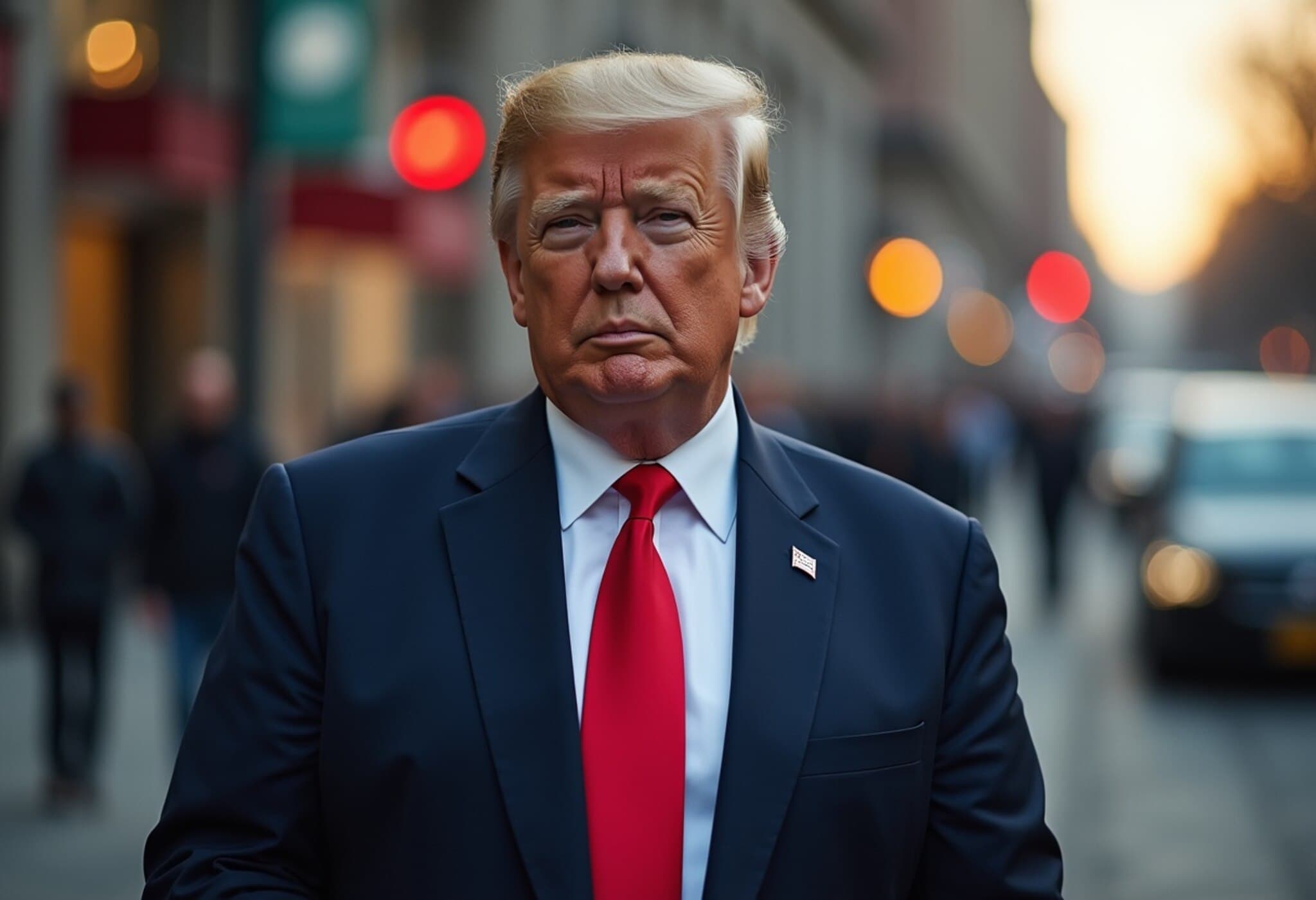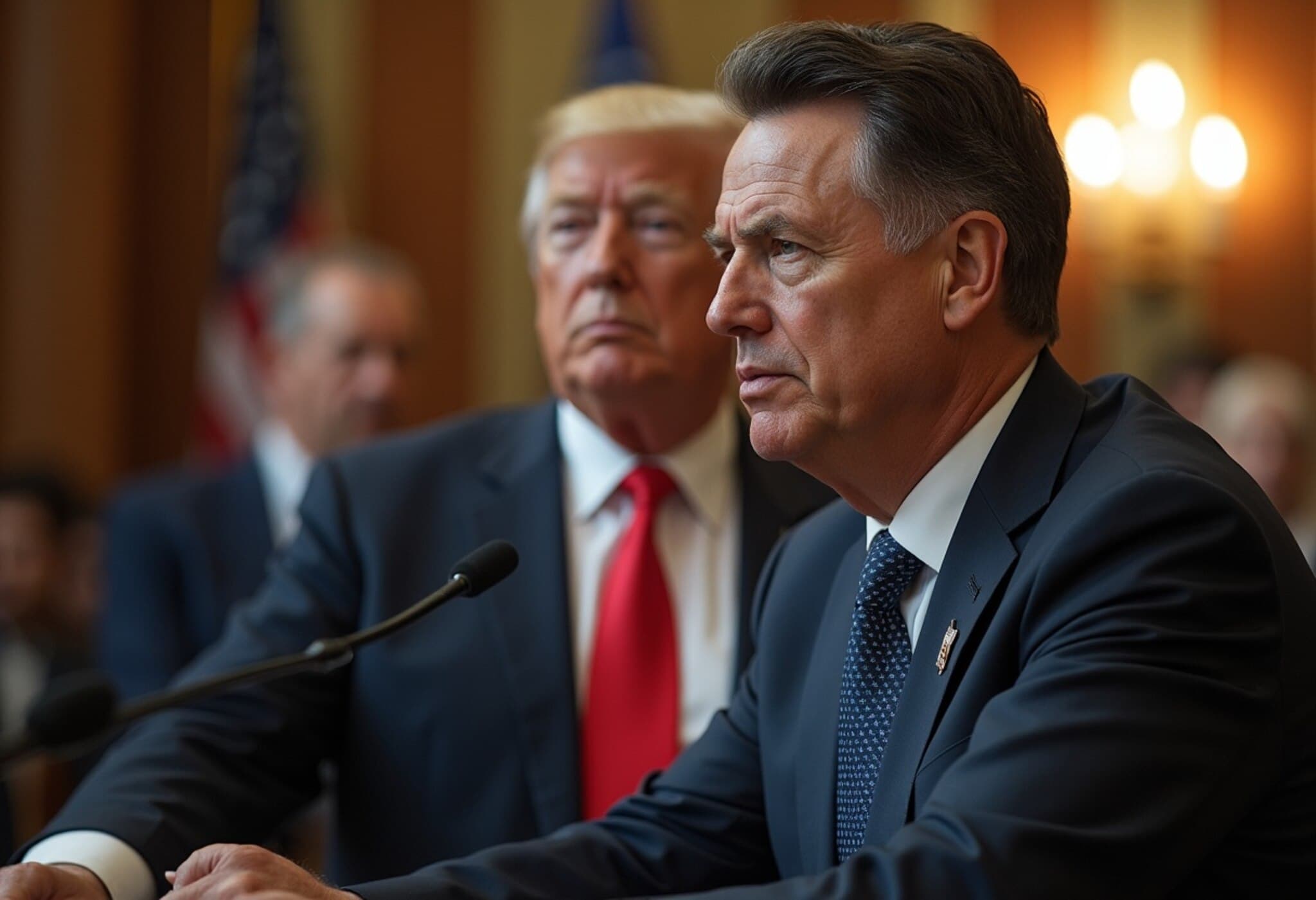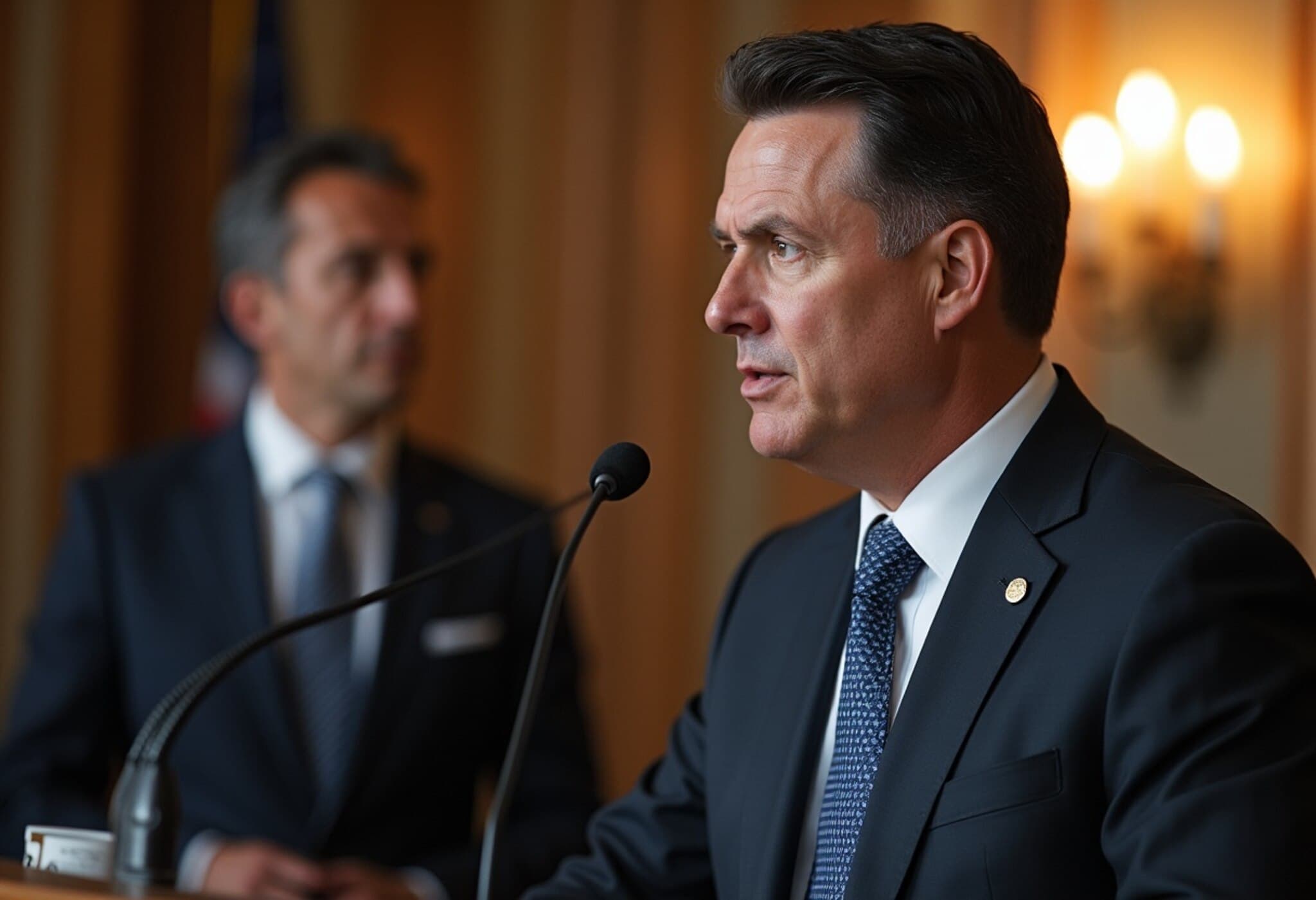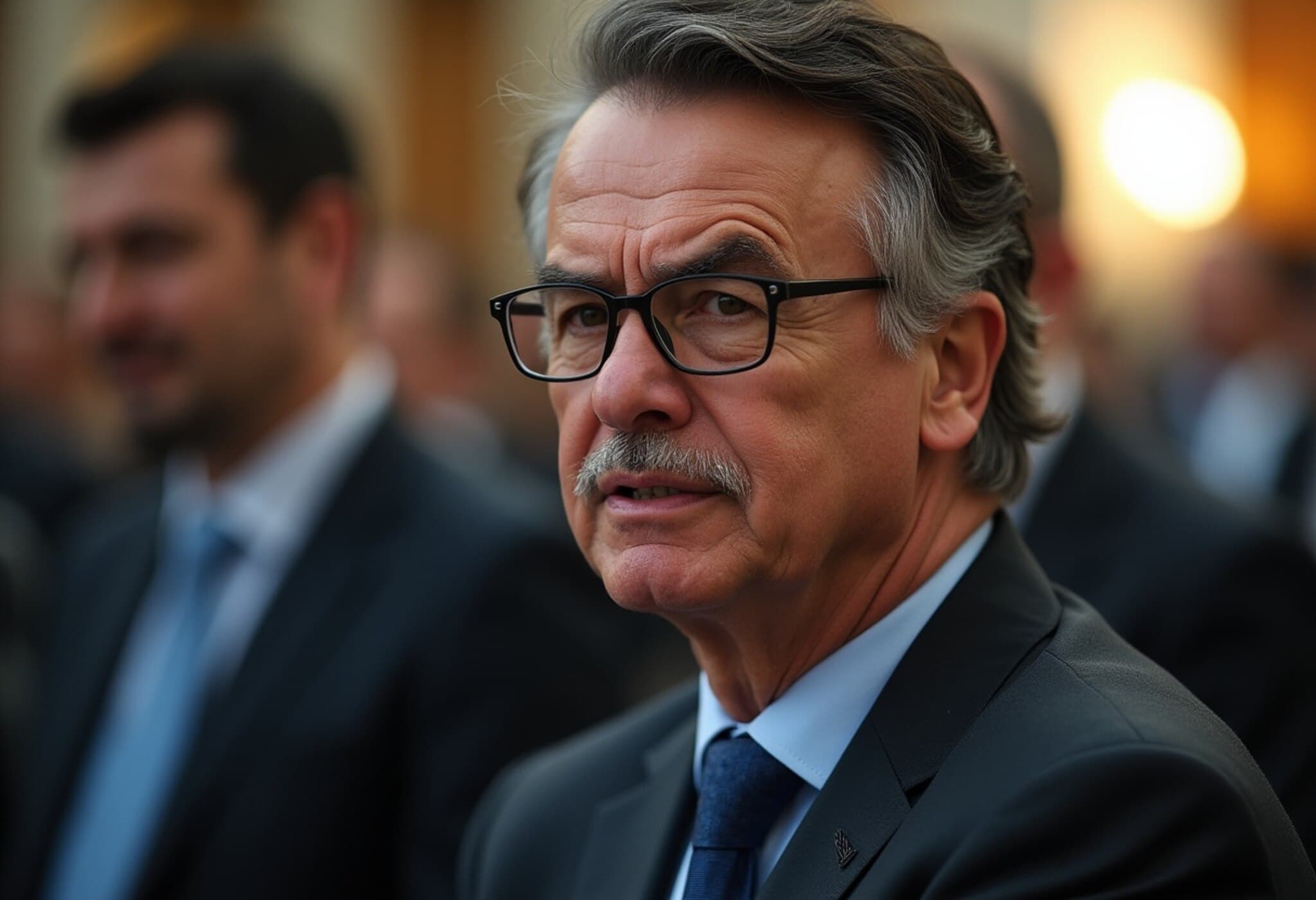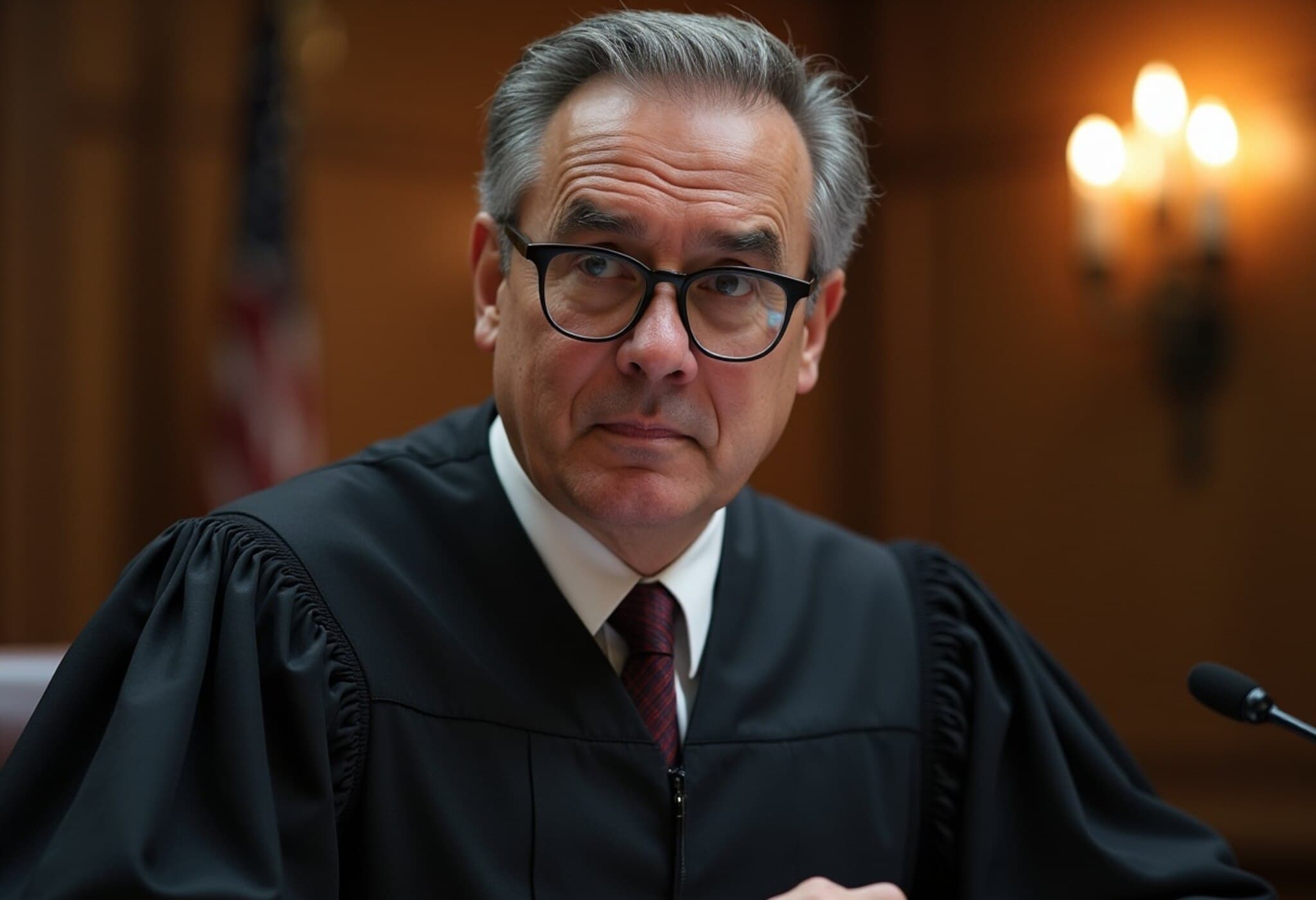US Imposes Sanctions on Brazilian Supreme Court Justice Alexandre de Moraes
In a significant escalation of diplomatic tensions, the United States government announced sanctions on Wednesday targeting Justice Alexandre de Moraes of Brazil’s Supreme Federal Court. The move stems from accusations by the US Treasury Department that Justice de Moraes has engaged in politically motivated censorship and rights violations in his oversight of the high-profile case against former Brazilian President Jair Bolsonaro.
Sanctions Under the Global Magnitsky Act
The sanctions, implemented under the Global Magnitsky Human Rights Accountability Act, include visa restrictions and asset freezes directed at Justice de Moraes. Typically reserved for individuals accused of grave human rights abuses or corruption worldwide, the application of this law to a sitting Supreme Court justice in Brazil is unprecedented and underscores the fraught relationship between the Trump administration and Brazilian judicial authorities.
Context: The Bolsonaro Coup Attempt Trial
Justice de Moraes is presiding over a criminal investigation into allegations that former President Jair Bolsonaro sought to undermine Brazil's democratic institutions through an attempted coup following his defeat in the 2022 elections. This case echoes the intense polarization within Brazil’s political landscape and mirrors global concerns about democratic backsliding.
Allegations of Censorship and Political Prosecution
The Trump administration alleges that Justice de Moraes has orchestrated a campaign of censorship by ordering the removal of right-wing content from social media platforms in Brazil. Treasury Secretary Scott Bessent issued a statement condemning de Moraes’ actions as "an oppressive campaign of censorship, arbitrary detentions violating human rights, and politicized prosecutions—including those targeting former President Bolsonaro.”
Trump’s Stance and Broader Implications
Former President Donald Trump, an outspoken ally of Bolsonaro, has denounced the judicial proceedings as a "witch-hunt." He has even threatened imposing up to 50% tariffs on Brazilian imports should the prosecution persist. This rhetoric signals a potential shift in US-Brazilian relations, with economic repercussions possibly looming on the horizon.
Brazilian Judiciary’s Response
The Supreme Federal Court of Brazil has yet to issue an official response to the sanctions, further fueling speculation about the internal political ramifications. The move by the US could set a precedent for foreign governments intervening in judicial matters of sovereign nations, raising questions about the balance between diplomatic pressure and judicial independence.
Expert Analysis: What This Means for Democracy and International Relations
From an American legislative and diplomatic perspective, wielding the Global Magnitsky Act in this context brings forward critical debates. While protecting human rights is paramount, the sanctioning of a high-ranking judge overseeing a politically sensitive case potentially complicates respect for national sovereignty and judicial autonomy.
Legal experts warn that such measures might deepen divisions within Brazil, embolden nationalist rhetoric, and strain cooperation on regional security and trade. For American policymakers, the challenge lies in advocating for democratic norms abroad without inadvertently fueling narratives of foreign meddling.
Key Takeaways
- Justice Alexandre de Moraes faces US sanctions for alleged censorship and human rights violations.
- The sanctions target visa access and financial assets under the Global Magnitsky Act.
- The case focuses on the investigation into Jair Bolsonaro's alleged coup attempt after 2022 elections.
- Former President Trump labeled the trial a "witch-hunt" and threatened tariffs, highlighting escalating political discord.
- The Brazilian Supreme Court remains silent, underscoring sensitivities around sovereignty and judicial independence.
Editor’s Note
This unfolding episode exposes the fragile intersection of international human rights enforcement, democratic accountability, and geopolitical strategy. As the US applies one of its most potent diplomatic tools to a foreign judge, crucial questions emerge: How can global justice systems navigate the fine line between sanctioning abuses and respecting sovereign judicial processes? And what consequences will this have for democracy in Brazil and US influence across Latin America?
Staying informed on these developments is essential to understanding the broader dynamics shaping democracy and diplomacy in the 21st century.

